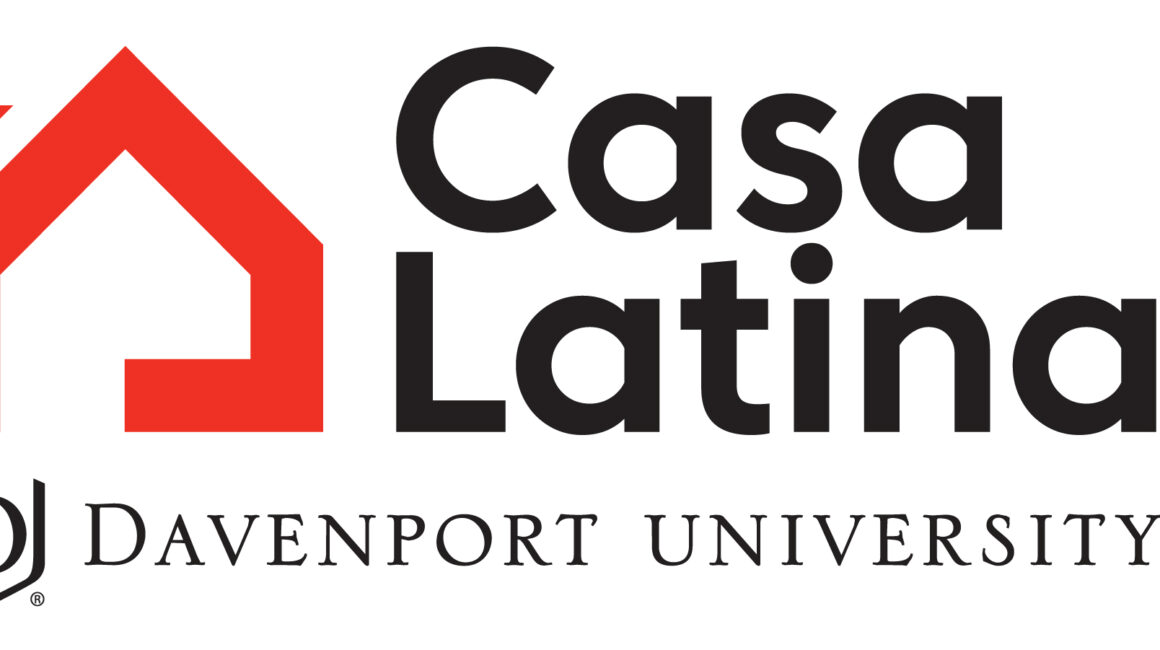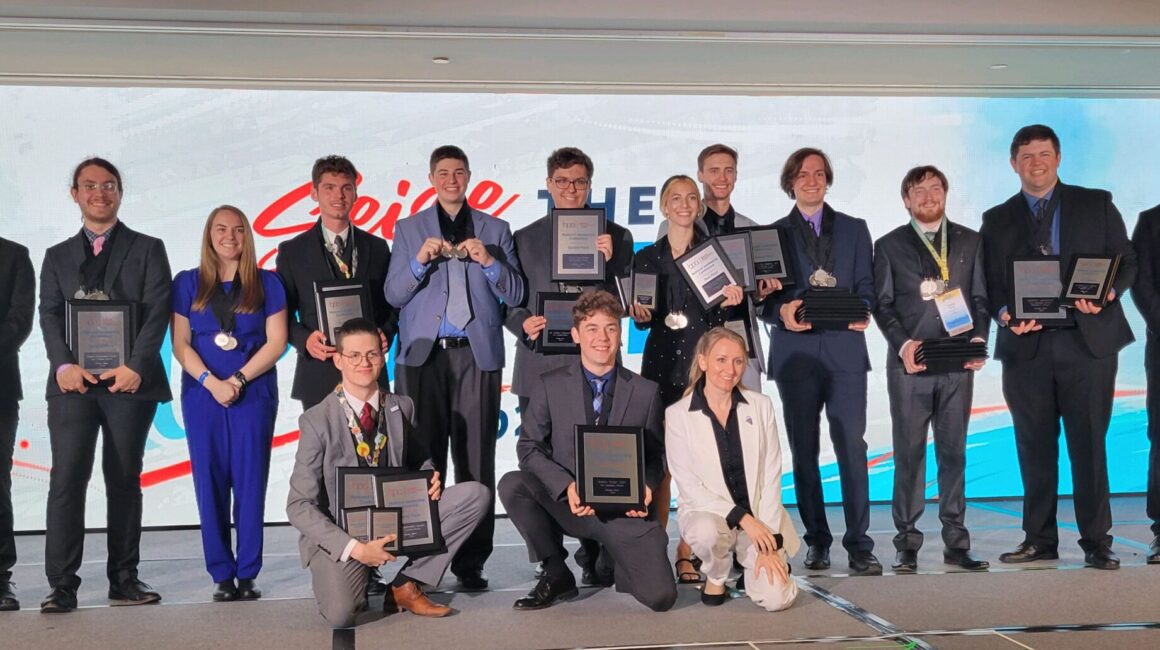

Bringing STEM to urban classrooms
With its first-ever National Science Foundation grant, Davenport University will help shape the future of STEM education in urban schools.
The Future Urban STEM Educator Preparation Program — known as FUSE — is designed to increase the pipeline of diverse students entering DU’s Computer Science and Biological Laboratory Science programs with an interest in secondary STEM teaching.
The project is led by College of Urban Education Dean Susan Gunn and supported by the Robert Noyce Teacher Scholarship Program, a capacity-building grant sponsored by the NSF.
“There is a shortage of STEM teachers in urban school districts,” Gunn said. “It’s really important because STEM is the wave of the future. Most jobs are going to require some form of science or technology.”
The one-year grant of nearly $75,000 will support the development of new curriculum resources and materials to prepare Computer Science and Biological Laboratory Science undergraduates for the Michigan Test for Teacher Certification.
“There are only seven other Noyce grant recipients within the state of Michigan and only 8 percent of those who apply for these grants nationally get them,” Gunn said.
In addition to helping high school students develop an interest in STEM education careers and establishing pathways for high school and community college students to enter STEM programs at DU, the project will create service learning opportunities for DU students. Service learning experiences can help undergraduates determine if the classroom is right for them, Gunn said.
“There are a lot of challenges in urban education,” Gunn said. “Service learning exposes students to the environment so they are not blindsided and allows them to see if this is something they want to pursue. Students that go on to pursue a Certificate in Urban Education as new teachers will receive three years of coaching and support to ensure their success as effective STEM educators in urban environments.”
Increasing diversity in STEM teaching is another key goal for Gunn.
“Recruiting high school students of color to work with middle school students through FUSE will enhance the diversity of students seeking a pathway to science education,” Gunn said.
FUSE will partner with Eaton Regional Education Service Agency, Hope Academy of West Academy, Grand Rapids Community College, STEM Greenhouse and the Expanded Learning Opportunities Network.
This material is based upon work supported by the National Science Foundation under Grant No. 1758370. Any opinions, findings and conclusions or recommendations expressed in this material are those of the author(s) and do not necessarily reflect the views of the National Science Foundation.



No Responses